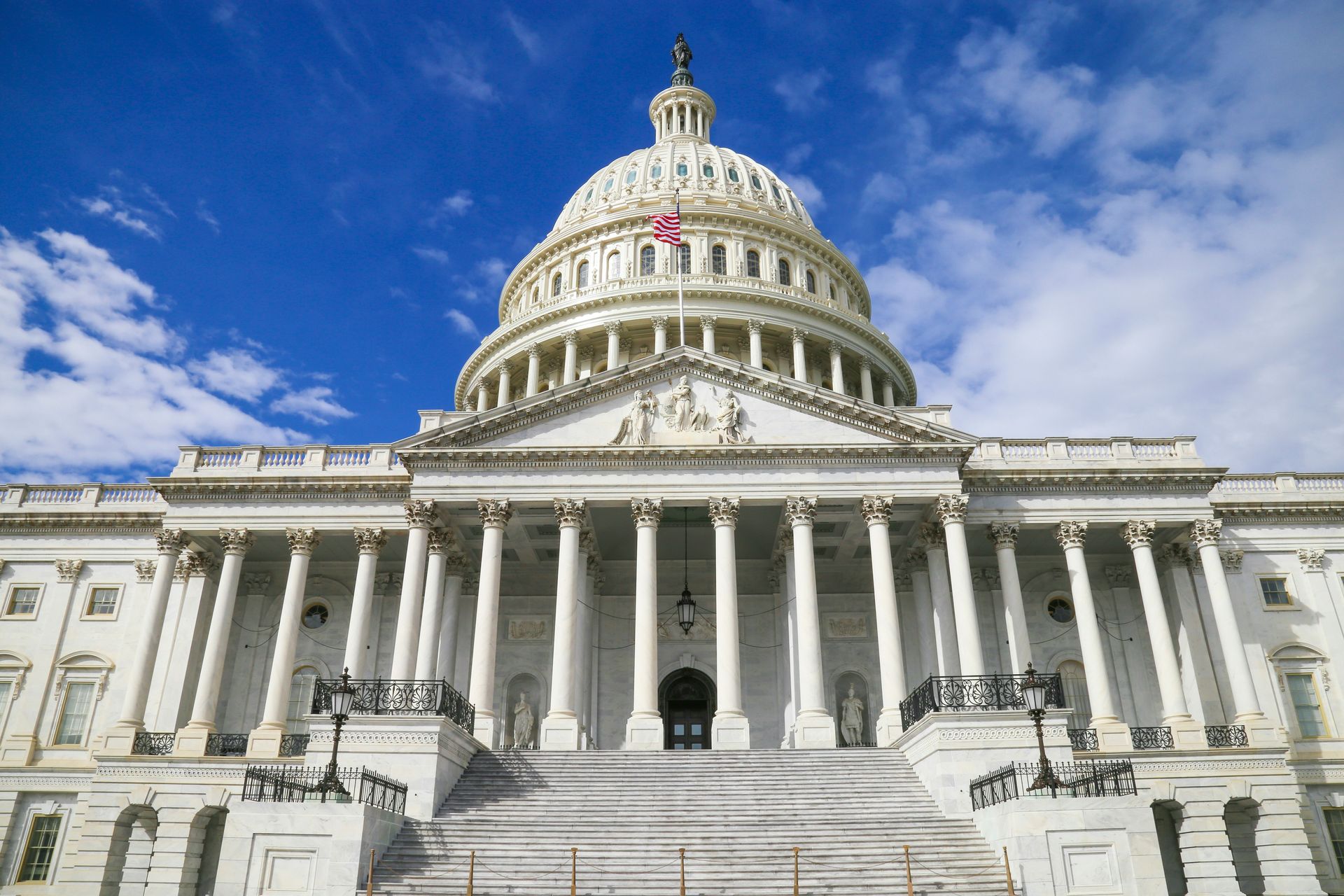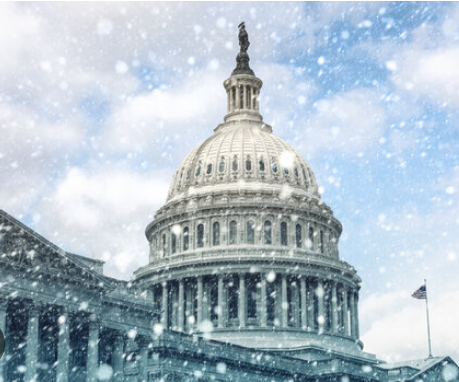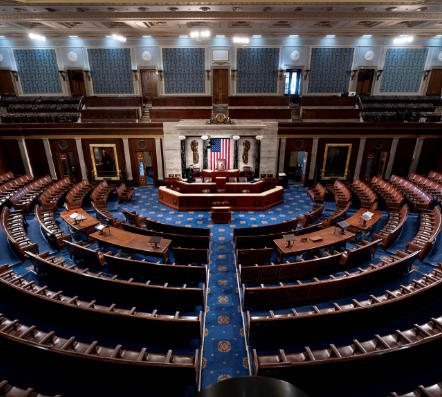Blog Layout
"The end is just the beginning."

It was the British poet T.S. Eliot who said, “The end is just the beginning.” As 2020 comes to a close, we could not think of a more appropriate quote. While we are ending a year that has taken so much from us—loved ones, jobs, health, stability and so much more—we are approaching 2021 with fresh hopes and ideas.
In late October, NAWB surveyed WDBs to better understand how COVID-19 impacted how they were able to serve communities. Some key highlights:
- Respondents said they received a decrease in WIOA funding this fiscal year for adult, youth and dislocated workers
- Most respondents said their WDB’s biggest priority is job training resources for reskilling
- Most WDBs surveyed are open for the public, either by appointment or walk-in
- Telephone and online inquiries skyrocketed
- WDBs surveyed reported they now provide more “self-service” tools for clients
- Over 91% of respondents said their WDB’s response to the COVID-19 pandemic was “good” or “very good”
- Over 65% of respondents said their WDB is either participating in community discussions or internal reviews to look at racial equity in services provided and over 78% said they would be interested in participating in a discussion with NAWB on racial equity in workforce development
NAWB could not be more proud of WDBs’ steadfast response to the pandemic in their communities. We have heard countless stories of innovation, creativity and resiliency during conversations over the last nine months. To summarize: our survey found that, despite receiving less WIOA funding and facing limitations caused by COVID-19, WDBs:
- Continued to provide much-needed support for community members
- Found new ways to deliver tools and resources
- Started taking steps toward improving racial equity in the workforce system
NAWB is proud to be the national voice for over 500 WDBs across the country and will continue to support WDBs through 2021 and beyond with professional development opportunities, new business and industry partnerships, evidence-based resources and more. NAWB will also continue to fight for WDBs on Capitol Hill in all workforce policy issues, including WIOA reauthorization, apprenticeship programs and reliable broadband accessibility in urban and rural areas.
If you or your WDB have any recommendations for future NAWB events and/or initiatives, please email us at andersonm@nawb.org.
Lastly, be sure to mark your calendars for these upcomoing 2021 professional development events:
- Town Hall: Policy Updates from the Hill | January 15, 2021 | 2-3 pm ET
- Coffee & Conversations: Dialogue on Policy Town Hall | January 29, 2021 | 2-3 pm ET NAWB’s Ron and Matt host an intimate dive into recent policy initiatives, including what administrative changes may mean for WDBs as well as coverage of the Stimulus Bill.
Wishing you and your loved ones a happy new year,
The entire NAWB team
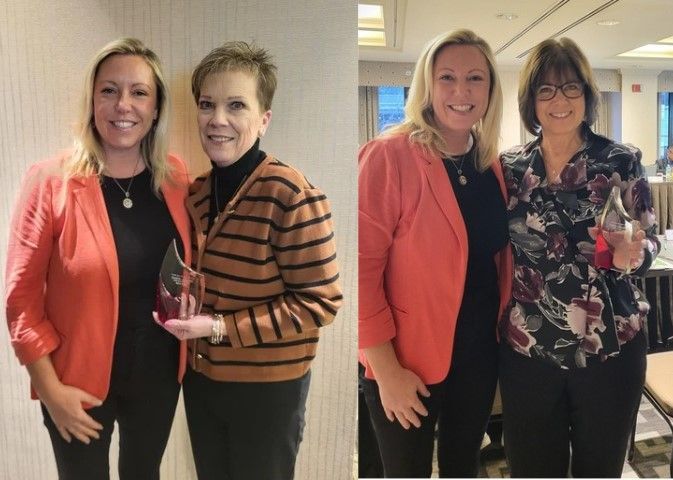
By Stacy Heit
•
January 17, 2025
January 17, 2025 -- The National Association of Workforce Boards (NAWB) today announced that two members of its Board of Directors, Kathy Jewett and Debra Giordano have stepped down from their roles for personal reasons. Al Searles, a member of the board’s executive committee, has been elected to the Vice Chair position vacated by Jewett during the board’s most recent meeting. “On behalf of the NAWB team, I extend my gratitude to both Kathy and Deb for their valuable contributions and commitment during their tenure on the Board,” said President and CEO, Brad Turner-Little. “Their leadership and dedication have played an integral role in shaping our growth and I appreciate their guidance during a time of transformation for the organization.” “As Board Chair, I want to extend my deepest gratitude to Kathy for her exceptional leadership and dedication as a board director over the past six years and most recently as vice chair,” said NAWB Board Chair, Lisanne McNew. “Her vision and commitment have been pivotal in advancing NAWB’s mission and strengthening workforce boards nationwide. As Al steps into the role of Vice Chair, I am confident his expertise and passion will guide us forward, building on Kathy’s legacy and driving continued innovation and impact in workforce development.” She added, “Deb’s expertise and dedication to workforce development have been invaluable to our industry. Her thoughtful leadership and contributions have left a lasting impact on workforce boards and the communities they serve. We are deeply grateful for all she has done for our board.”
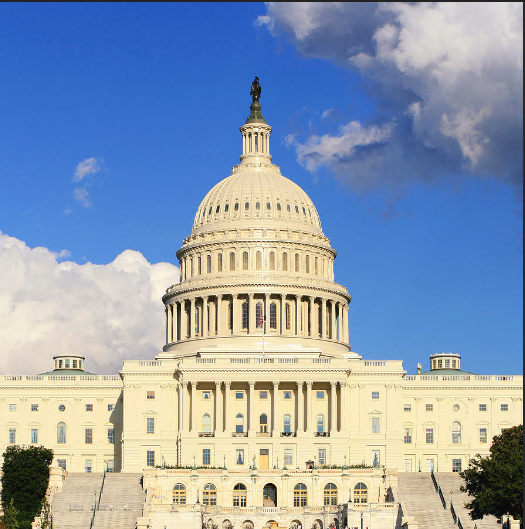
By Brad Turner-Little
•
December 3, 2024
December 3, 2024 -- NAWB President and CEO, Brad Turner-Little , made the following statement in response to the Congressional committee leadership's bipartisan, bicameral agreement to reauthorize the Workforce Innovation and Opportunity Act (WIOA). The new bill, which we provided an initial summary of, is currently being considered on a fast-track procedure in the Senate. "Since WIOA’s reauthorization in 2014, workforce development boards (WDBs) have sought to meet the evolving needs of employers, jobseekers, and the local communities that they serve. It is laudable that lawmakers have reached consensus on legislation to make significant updates to the nation’s public workforce development system, including improvements that recognize the vital role that WDBs play in strengthening local economies. Since the initial release of a new bicameral and bipartisan WIOA reauthorization agreement last week, A Stronger Workforce for America Act (ASWA), the National Association of Workforce Boards (NAWB) has spent time analyzing this proposal and engaging with our members to understand how the bill would affect ongoing operations, service delivery, and the ability of WDBs to serve jobseekers and employers alike throughout the nation. Through these discussions, it has become clear that there are aspects of this legislation that conform with NAWB’s vision for the future of the public workforce system, while there are other significant components of this agreement that will be challenging to implement at best and could undermine WBDs’ ability to meet their mission. ASWA would renew the law for five more years, sending a powerful signal that the public workforce system authorized by this legislation is critical to wider efforts in preparing and sustaining the skilled workforce needed for America’s wider success. NAWB is pleased to note that many of the organization’s recommendations have been incorporated into this legislation. These include clarifying local WDBs’ authority over local budgets; increased flexibilities to serve incumbent workers; improvements to cost-sharing requirements for one-stop centers, including flexibilities for the sharing and pooling of these resources; increased professional development opportunities for local staff; allowing for marketing and outreach efforts on behalf of the system; allowing WDBs to serve as one-stop operators when meeting certain conditions; a new emphasis on skills-based hiring; and dramatic improvements to data collection and subsequent reporting to make the public workforce system more transparent and responsive to the needs of workers and employers. While NAWB appreciates these and other aspects of the agreement, the legislation unfortunately continues to advance provisions that our organization does not support, including a new systemwide mandate for training and an overly prescriptive work experience requirement for youth funding which we believe runs counter to local autonomy and flexibility. While we appreciate the agreement’s recognition of the important role supportive services play in the success of worker skills development, we continue to call on Congress to ensure that any new requirements reflect the realities facing the populations WIOA is structured to prioritize. NAWB’s members have made clear that increased state-level set-asides will mean fewer resources will be available to local WDBs to implement these and other aspects of this legislation with fidelity. In conjunction with the proposed local workforce area redesignation provisions, NAWB’s members have also made clear that there is a strong potential that aspects of the public workforce system will need to close, staff laid off, and business services significantly curtailed under these new operating constraints. Taken together, we remain deeply concerned that these aspects of the agreement will make it more difficult for the public workforce development system to serve jobseekers and employers alike moving forward. We are grateful to have heard from so many of our members who provided thoughtful and meaningful perspectives as part of NAWB’s analysis of this legislation. They are the true experts, working every day with local community partners, elected officials, businesses, and jobseekers. We recognize the extremely challenging environment that workforce boards will be in whether this bill is enacted during the final days of the 118th Congress or if current law remains in place for the time being. In either scenario, NAWB remains committed to working closely with the incoming administration and new Congress to ensure that the public workforce development system is responsive to the needs of workers, learners, and businesses, and can fulfill the significant workforce development needs of our nation now and in the future. This will certainly be among our top priorities during Workforce Advocacy Day , scheduled for April 1-2 , 2025 in Washington, DC. NAWB members need to share their expertise with members of Congress to ensure that the workforce system has the necessary resources to serve their local communities.” Learn more about NAWB's work on WIOA.
National Association of Workforce Boards | All Rights Reserved |
Created by Olive + Ash.
Managed by Olive Street Design.


